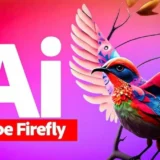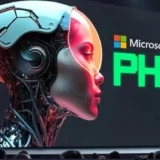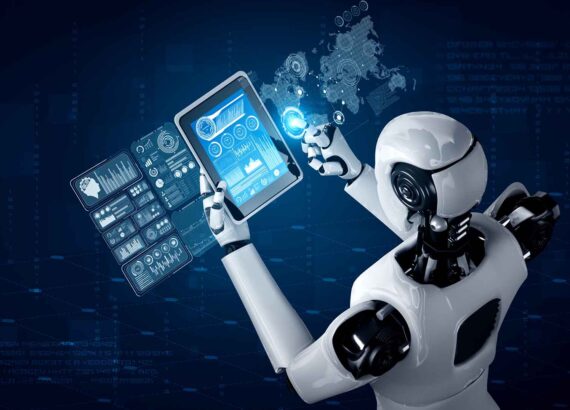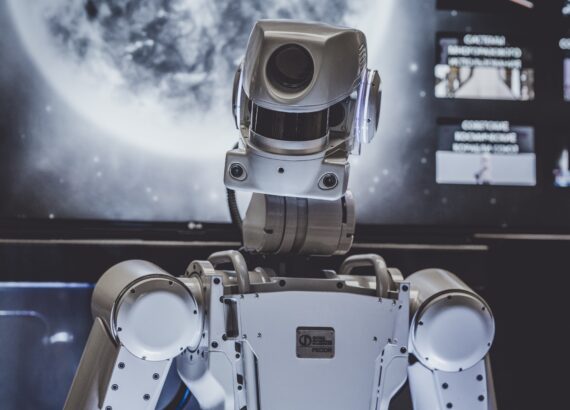When most of us think about software engineering, we picture someone typing endlessly into a dark screen filled with code. But Software engineering in today’s world is no longer the same story.
No longer just keyboard warriors, tomorrow’s engineers are architects, problem‐solvers, and collaborators. Above all, lifelong learners. This blog discusses what future software developers need to learn. Let’s get started!
What Sets You Apart?
It’s how you think when things get messy. It’s how you design systems that can handle a million users without crashing. It’s how you respond when your feature breaks production and your team’s counting on you. The industry no longer needs just coders. It needs builders, thinkers, and problem solvers.
Here’s a roadmap for what aspiring and practising software engineers should invest in, beyond mastering syntax and algorithms.
Here’s a roadmap for what aspiring and practising software engineers should invest in, beyond mastering syntax and algorithms.

1. Adopt a Systems Mindset: Think Big, Think Architecture
Engineering isn’t just about writing functions; it’s about building resilient systems. So, first, understand the system architecture. Learn about microservices, event-driven design, serverless and distributed systems. These are the backbones of modern software.
Learn DevOps fluency: Take the time to work with CI/CD pipelines, containerization, orchestration (Docker, Kubernetes), and cloud platforms like AWS, Azure, or Google Cloud.
Prioritize security and compliance: Security can’t be an afterthought. Integrate secure-by-design principles—such as input validation, encryption, and threat modelling—early in the build. Familiarity with regulations such as GDPR, HIPAA, and ISO 27001 is invaluable. Engineers who see their work as part of a bigger ecosystem will produce software that’s scalable, secure, and maintainable.
2. Embrace AI & Prompt Craftsmanship
- Prompt engineering: Learn how to guide AI models like ChatGPT, Copilot, Gemini, or Claude to produce effective, accurate code or specs. It demands precision, clarity, and context.
- Explore AI agents and vibe‑coding: Trendsetters like “vibe coding” or agent-based development mean you can describe tasks in plain English and let AI assemble the software.
- Integrate AI across the pipeline: Understand AI for bug detection and code conversion. And upstream workflows where engineers orchestrate AI agents.
If AI is your collaborator, not your replacement, you gain superpowers!
3. Metalearning & Curiosity
Knowing how to learn is just as important as what you learn.
- Adopt metalearning: Learn broad—file systems, documentation, GitHub, engineering culture—so you can thrive across environments.
- Cultivate interdisciplinary collaboration: Work alongside product managers, designers, data scientists and learn to ask “why” not just “how”. Besides, cultural intelligence is another factor that defines your active learning.

4. Creative Thinking & Empathy
Problem‑solving with code still needs a human spark.
- Master creative design: Engineering requires thinking abstractly—connecting dots from constraints and user needs to elegant solutions.
- Design with empathy: Understand end‑user needs emotionally and use empathy models to build intuitive, human‑centered interfaces.
- Bring critiques to light: Engineers who ask “what if?” disrupt complacency and open new paths. The future is for engineers who engineer with people, not just tools.
5. Clear Communication & Team Leadership
You can be the best coder in your team, but if you can’t explain your solution, align with others, or ask for help, you’ll hit a ceiling. In modern workplaces, engineers are deeply embedded in product and design teams. They join discussions not just on how to build something, but why it should be built at all. Learning to write better pull request messages, lead productive meetings, or simplify technical concepts for non-technical teammates can set you apart. Communication isn’t a soft skill; it’s a critical engineering skill. And in a global, remote-first world, it matters more than ever.
6. Build Tangible Evidence: Projects & Portfolios
Titles and diplomas are fine, but outcomes speak louder.
- Build personal projects: From open source to passion apps, they show you can take an idea to production.
- Embrace hands-on learning: Certifications alone are insufficient without practical skills; a domain focus is crucial. India’s lateral hires emphasize resumes full of lived experience.
- Engage with industry communities: Mentorship, discussion forums, hackathons—learn real-world best practices.
7. Ethical Awareness & Sustainable Engineering
We live in a time where software can change elections, shape childhood experiences, or silently discriminate against millions. As engineers, we hold enormous power, and that demands ethical thinking.
- Practice ethical AI: Understand bias, transparency, and fairness. Apply frameworks and explainability to AI models.
- Build for sustainability: Optimize algorithms for energy and promote modularity to reduce digital waste.
- Study software ethics formally: Methods like scenario-based ethics help you anticipate unintended consequences
Conclusion
In the future of software, code is just the vocabulary, but understanding why you code, how systems breathe, who uses them, and how you can shape them, that’s the grammar and poetry engineers must master.
For more such updates, follow Nextr Technology!
Thank you for reading
Buy Web Hosting at an affordable price: Buy Now.
If you want to build your website at an affordable price, contact www.nextr.in
Read this: How AI is Changing Education


















